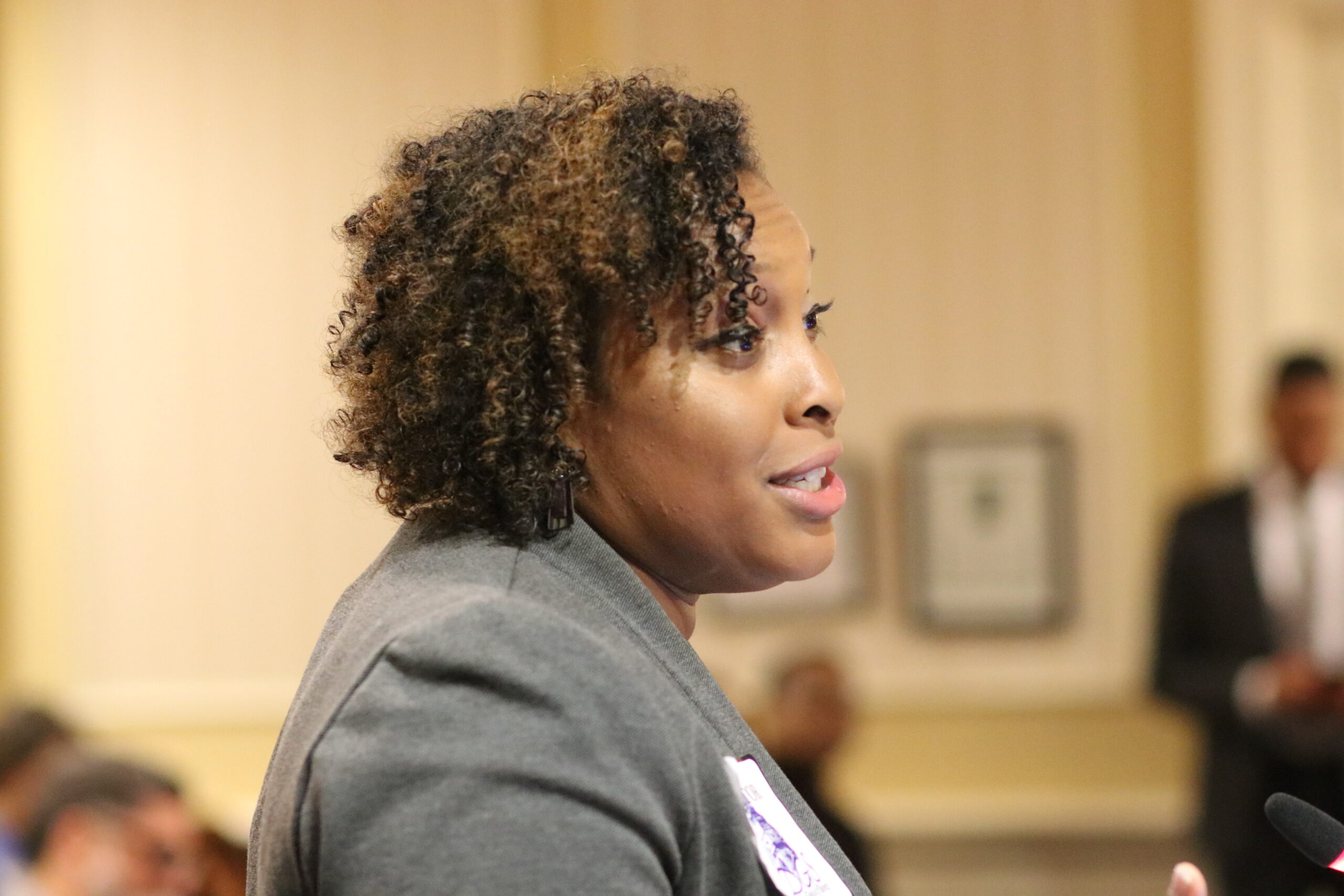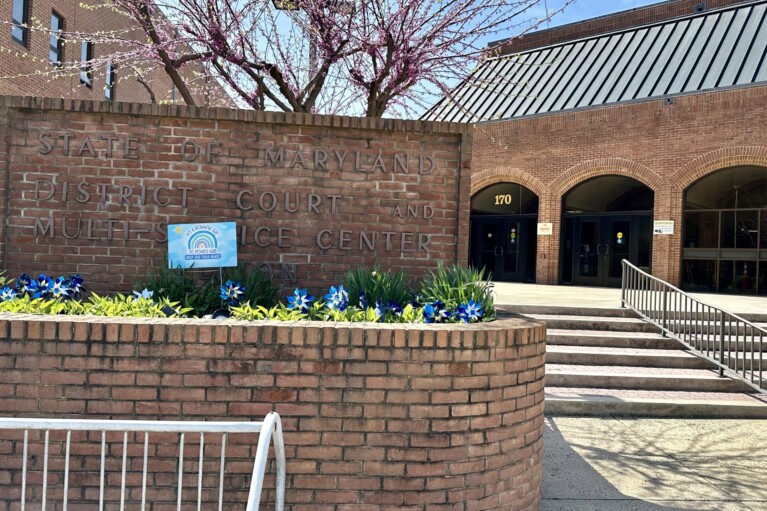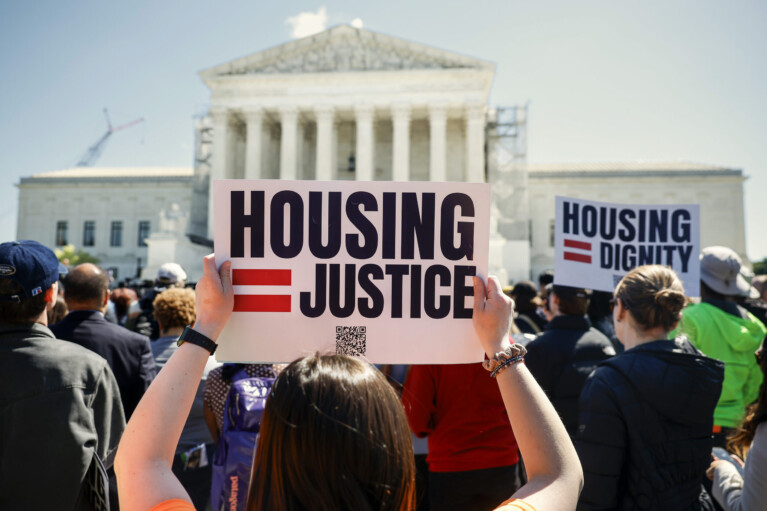JHU Policing Board Nominee: ‘I’ve Been a Vocal Opponent’

New members of an oversight board for the controversial private police force at Johns Hopkins University told senators on Monday night that they hope to build relationships between the school and Baltimore communities ― and one member said she continues to oppose the force’s establishment.
“I’ve been a vocal opponent of the police force to my representatives as well as to the folks at school. In part because I believe that policing should be a public good not a private good, but also out of concern for the black, brown and low-income residents who often face profiling at the hands of the police,” Lorraine T. Dean, a professor in the Bloomberg School of Public Health, told the Senate Executive Nominations Committee. “Those are my neighbors, those are my family and those are me.”
Dean said she planned to use her background in public health to focus on evidence-based practices and ways to prevent unanticipated consequences by the police force.
“I still disagree with having a private police force, but at the very least feel like I can contribute to creating something truly unique, that truly protects people, that’s truly community-oriented and that truly protects the health and safety of everyone – not just the Hopkins few at the expense of everyone else,” Dean said.
Sen. William C. Smith Jr. (D-Montgomery) told Dean that he “struggled mightily” with his vote in favor of the police force last session.
“I’m just glad that someone with your perspective and background is on the board,” he told her.
Thirteen nominees to the oversight panel, including Dean, were approved Monday by the Senate Executive Nominations Committee. They will be subject to confirmation by the full Maryland Senate later this week. Two additional members will be named by Baltimore’s city council president and mayor.
The 15-member board is charged with considering community concerns, reviewing police force data, and providing feedback on police department policies. The panel is required to include Hopkins students, faculty and staff, including a member of the Johns Hopkins University Black Faculty and Staff Association, as well as residents from the neighborhoods surrounding the university’s East Baltimore, Homewood and Peabody campuses.
Edward Kangethe will represent East Baltimore on the board.
“The process for Johns Hopkins creating its police force created a rift between the institution and the communities around it, particularly the majority African American communities,” Kangethe said. “I’m hoping by my service on this board to help alleviate some of the fears in the community and also bring hope to the community that this is something that will be a resource to the community and not just something that will be oppressive.”
The neighborhood representatives were chosen by university leadership in consultation with the city council.
The university began accepting applications for the accountability board in October and a nominating commission narrowed 121 applicants to 40. University administration picked the 13 nominees from that shortlist.
The other nominees up for consideration are:
- Sonja Merchant Jones, Homewood community member,
- Noah Patton, Peabody community member
- Pier M. Larson, professor of history,
- Logan Weygandt, assistant professor of emergency medicine,
- Regina Gail Malloy, executive assistant to the Johns Hopkins Hospital president,
- Jedediah McCormick, JHU director of finance and administration,
- Alexander McLin, senior programmer analyst at the Krieger School of Arts and Sciences,
- Shanice Guthrie, undergraduate student at Krieger,
- Katie J. O’Conor, MD, a physician and fellow at the School of Medicine,
- Pritika Parmar, undergraduate at Krieger, and
- Kwame Romero-Sackey, a graduate Student in the School of Medicine.
During Monday’s hour-long committee hearing, senators asked no questions of any of the 35 nominees to several state boards who appeared in person.
Senate President Bill Ferguson (D-Baltimore City) and Sen. Clarence K. Lam (D-Howard) did not take part in the vote on the accountability board nominees because they are employees of the university.




 Creative Commons Attribution
Creative Commons Attribution